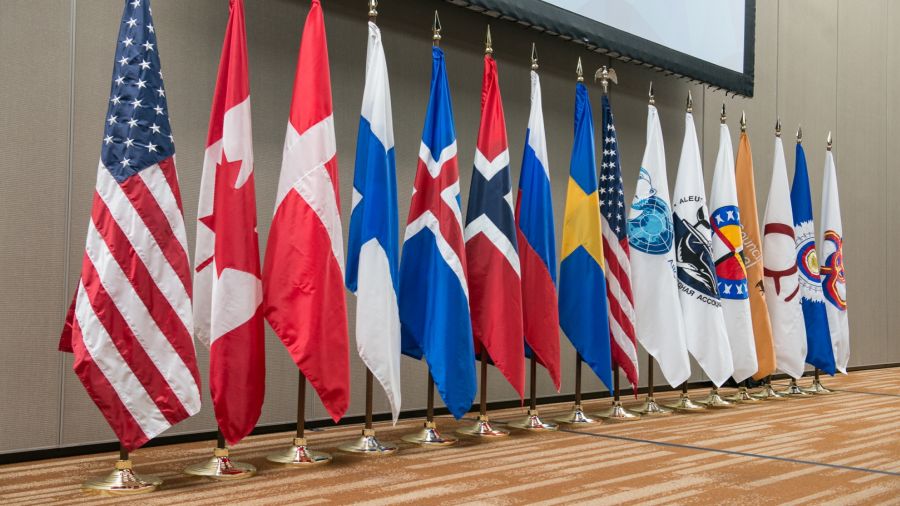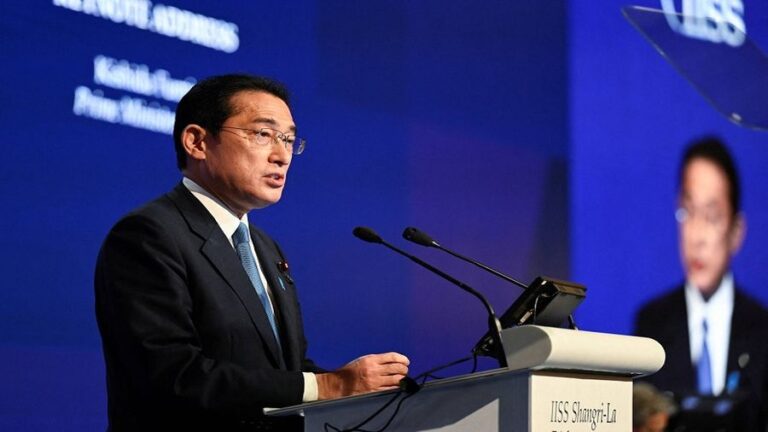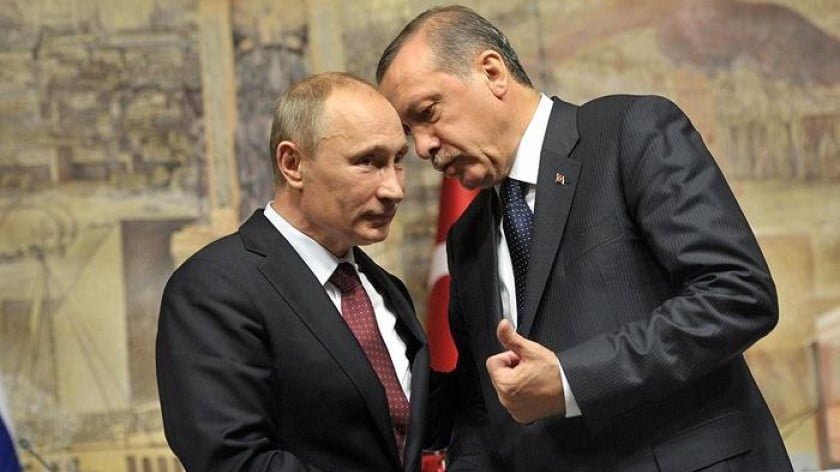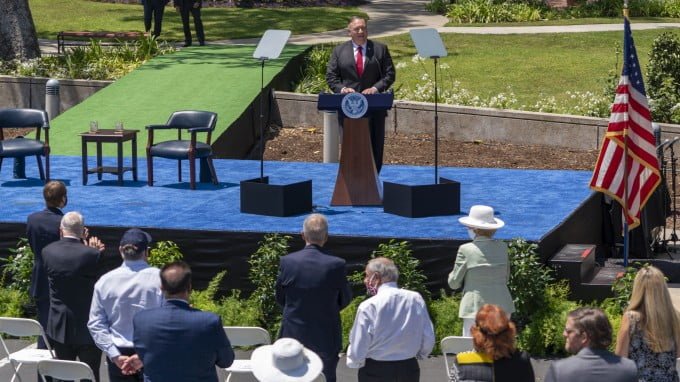The Arctic Council: NATO and the Unipolar Pole?
What’s The Point?
What difference does the Russia-Ukraine conflict make to the Arctic? Are any polar bears being called up to fight? Will it affect the ice, or which ships can pass through it, and for what purpose?
Norway said “it will prioritise a smooth transition with Russia as it plans to assume the chair of the Moscow-helmed Arctic Council on May 11, but will not commit to restarting stalled cooperation” … over the [conflict between Russia and Ukraine].
Will there be a custody battle?
Nowadays a lot of children come from homes which have experienced marital breakdown. Their parents split up, their relations with each other and the child change, and the child is caught in the middle.
Whenever this happens, the child is shunted between social workers and psychologists and told that there is no such thing as fault in such situations. They must love both parents equally, and both will have visitation and access rights, regardless of what has happened up until then.
This ignores the fact that in most cases of marital breakdown there have been faults on one side or both, and these faults are still there and have a direct effect on the child. But children are told that they have to have the relationships the authorities tell them to have, because if they don’t they will be psychologically damaged, and refusal is a manifestation of psychological damage which will affect the rest of their lives.
Why is this said? After all, the people who say these things make choices in their own lives about who they want to hang around with and who they don’t, what environments they want to be in and which they want to avoid.
If someone told one of these social workers or psychologists that they had to have the relationship they told to have with this or that person, and they would be damaged and defective if they didn’t, they would turn round and say, “Who the hell are you to tell me that?” This is because these attempts to “help” children are actually all about power – if you are in my orbit, you have to do what I say to gratify me, even though you may not want to for the same reasons I don’t either.
As a few people might have heard, there is an international organisation called the Arctic Council. The purpose of this is to engender co-operation between the countries whose territory crosses into the Arctic Circle, and therefore have a shared interest in addressing issues concerning the Arctic, just like a river which crosses national boundaries is managed jointly so one country’s actions cannot harm the other.
There are eight member states – Canada, Denmark, Finland, Iceland, Norway, The Russian Federation, Sweden and the United States. As Greenland is part of Denmark, these are indeed the eight countries with land within the Arctic Circle, so it can be said that the Arctic Council has a greater mandate on paper than, say, the European Union or Arab League – all the eligible nations are members, so whatever they decide is a common view, not the view of the “in” crowd alone.
The Arctic Council does indeed do valuable work in the environmental field in particular. But for several reasons it has not held meetings for quite a while, including COVID as we were told.
Why? Because 2021 to 2023 was Russia’s turn in the rotating chair – and all the other members, whatever they have to gain, can only have the relationship with Russia they are told to have.
Russia and Western nations co-operate every day on various levels, sanctions or not. But the US says who is allowed to have what relationship with Russia, and if another Western country doesn’t agree it is because are psychologically damaged, and only doing what the US says will cure this.
As with children, this is all about power and not about anyone’s welfare – and it is not hard to see why the US thinks this is necessary in the Arctic.
Unipolar Pole
In 1995 the avant-garde artist and musician Laurie Anderson released the spoken word album The Ugly One With The Jewels. This contains a narration called The Geographic North Pole, which recounts her attempt to hitchhike to the North Pole by truck and plane back in 1974.
Anderson never made it to the actual North Pole because it was a restricted area, which no one was allowed to fly into or over. Restricted by whom? The US, due to the presence of some floating bases there at the time.
No country actually owns the North Pole, and there are competing claims to various bits of the Arctic shelf. The Soviet Union first established a presence there, obviously swiftly followed by the US, and the rest of the Arctic nations have followed suit, either in co-operation with or conflict with each other.
So the interest in the Arctic is partly military. Obviously this creates fault lines when one of the eight nations is in conflict with the others. It does not help that the vast majority of the others are NATO members. Of the 8 members, all are members of NATO except for Russia and Sweden. If Sweden joins Russia will be surrounded by NATO in the Arctic.
This is why there have been no Arctic Council meetings since last year – no one wants to work with Russia since it intervened in Ukraine. But it also means that all the work of the Arctic Council is so much hokum. But there still is new hope that things will work in a positive direction with the change in chairmanship, with Norway taking over from Russia, however, not very much.
NATO members are using it as a political snowball to play its expanded political games, and [most likely] at the expense of the region it is intended to protect. What difference does the Russia-Ukraine conflict make to the Arctic?
The main reason the other members won’t co-operate with Russia within the Arctic Council is that
they want to use the Arctic for military purposes, as that is where the members are in dispute. All the conservation, and protection of native peoples, is designed to create a pole fit for navies to operate from, and no one wants to agree which navies and when.
This is confirmed by the fact that the Arctic Council even has such a thing as “member states”. Most of the Russian Federation territory within the Arctic Circle is inhabited by people who would regard themselves as Russians. However in the other countries the Arctic inhabitants are often native peoples – what we used to call “Eskimos” before the term was branded politically incorrect.
Some of these native peoples have been graciously granted Observer status in the Arctic Council. The members vote, the observers watch them doing it. But if the Arctic Council is all about co-operation to promote and defend a common heritage, who actually knows about this if not the native peoples, who had their heritage taken away by the European invaders, and leased back on the white man’s terms?
The Arctic Council isn’t functioning properly because it is all about power dressed up as other things. Why does that matter?
If countries in conflict cannot co-operate in forums which have nothing to do with that conflict, how can conflicts themselves be resolved? The only answer is force of arms – and as any playground bully finds, you might be the strongest today, but that only makes it more likely that your victim will be stronger tomorrow.
The Azeri-Armenian conflict was never resolved because mutual sanctions left neither side any choice but to focus on getting their own back, as Azerbaijan has now done. The Arctic Council represents a golden opportunity for all its members to develop common values which can build and not destroy, but the members are not interested in doing it, even in a backwoods organisation few know or care about.
Using Russia to Bash The Wogs
Now Russia’s chairmanship has run its course, Norway has taken over for the next two years
and is repeating the same platitudes about what it wants to do. But the most important point is that Norway insists that the work of the Council “will reflect the current political reality”.
Ask the peoples of the Russian Arctic regions about the current political reality. How has it been changed by the Ukraine conflict?
The effect on them comes from Western sanctions, not any change in their relationship with the Russian state. Those sanctions inevitably also affect the cross border programmes the Arctic Council undertakes and the outcomes of those programmes.
The only reason anyone has cross-border programmes with countries they are not necessarily on friendly terms with (think the Republic of Ireland the Unionist Northern Ireland) is that all sides have more to lose from not working together than they can gain by acting independently. So how is Norway going to lead an organisation of eight member states in which seven are on one side and one on the other?
There are two possible answers. Either Norway is saying the right things for now, but will attempt to deal with Russia in the same way as all the other members. Or the country which doesn’t fit in will have to abide by the rules of the rest, not by being outvoted but by being made to meet different standards to offer or access support.
Some countries still had a literacy qualification for voting within living memory. The US had many examples in its southern states, passed as part of the racist “Jim Crow” laws which were adopted after the end of Reconstruction following the deal done over disputed presidential election of 1876.
But even some countries which now have compulsory voting, such as Peru, once disenfranchised huge swathes of their population by insisting they demonstrate they could read and write in Spanish, having been deliberately denied the education to do so. Whenever they were told they were not democracies, these countries would say that there was some form of voter qualification everywhere, even if only based on age and citizenship status, and these were simply the appropriate qualifications for their democracies, based on local circumstances.
Participation in the Arctic Council will henceforth be based on passing a new form of literacy test. It will automatically be expected that the Western nations know how to behave.
But although everyone will insist that Russia is a full member of the Arctic Council, to actually do anything it will have to prove that it conducts itself a certain way, saying the right things and making the right decisions, when it is assumed without question the other countries will be doing this. In other words, what all those native Arctic peoples have always experienced at the hands of the member states they happen to live in.
When he refused to fight in the Vietnam War, Muhammad Ali reportedly said, in effect, “No Viet Cong ever called me a nigger”. The peoples of the Arctic are only tangentially involved in the power games of others, but now Russia will be isolated to legitimise those games, and there is every reason to believe this same principle will be applied to any number of unrepresented peoples with impunity.
Land vs. Backyard
Differentiating people through erecting artificial power relations is nothing new. Using a small international organisation to do it is in some way a testament to the success of bigger ones – it would be harder to try this at the UN, for example.
But why is the Arctic Council the current venue for such games? Given its relative obscurity, wouldn’t it be better to flex Western muscles in a place this can be shouted from the rooftops?
There are two reasons why the Arctic is the focus of such manoeuvres at this time. They are linked by one factor – the current quest of NATO to find a new role for itself in a changing world.
Of the eight Arctic Council members, six are members of NATO and one (Sweden) is an applicant country. Despite its location, China has expressed an interest in joining the Arctic Council, and has already been an observer, largely because the US and Russia are members. The more the area is dominated by NATO, the more it can be used to keep China out, with Russia a seemingly disposed participant in this.
The second is that although the North Pole is home to a number of military bases and scientific installations, none of these are permanent. This is not because nobody owns the pole, but because it isn’t physically stable enough to support permanent encampments—and problem is only getting worse.
So the Arctic’s military function is largely aerial, as Laurie Anderson discovered. Why is that important at this time?
British Prime Minister Stanley Baldwin was excoriated for leaving the armed forces denuded at the outbreak of World War Two, but in fact he had pursued a policy of strengthening air defence, believing ground warfare would be ineffective in an age of increased air power. It is often forgotten than Baldwin was proved right in the Battle of Britain, and the Allied bombings of Germany and Japan which ended that conflict.
NATO, with its ever-less-reliable funding, has come to the same conclusion. To this end, it will soon be holding its largest ever air exercises. That is what the Arctic is now for, and why Russia has to be part of that region for show, but kept out of its functioning in reality.







